
- Африка
- Албан
- Амхар
- Гарәп
- Әрмән
- Азәрбайҗан
- Баск
- Беларусия
- Бенгал
- Босния
- Болгар
- Каталан
- Себуано
- Китай
- Китай (Тайвань)
- Корсика
- Хорватия
- Чехия
- Дания
- Голландия
- Инглиз
- Эсперанто
- Эстония
- Фин
- Француз
- Фриз
- Галисия
- Грузин
- Немец
- Грек
- Гуджарати
- Гаити креолы
- hausa
- hawaiian
- Иврит
- .К
- Миао
- Венгр
- Исландия
- игбо
- Индонезия
- ириш
- Италия
- Япон
- Ява
- Каннада
- казах
- Кхмер
- Руанда
- Корея
- Көрд
- Кыргызстан
- Туберкулез
- Латин
- Латвия
- Литва
- Люксембург
- Македония
- Малгаши
- Малайча
- Малаялам
- Мальта
- Маори
- Марат
- Монгол
- Мьянма
- Непал
- Норвегия
- Норвегия
- Окитан
- Пушту
- Фарсы
- Поляк
- Португал
- Пәнҗаби
- Румыния
- Рус
- Самоа
- Шотландия Гэль
- Серб
- Инглиз
- Шона
- Синдхи
- Синхала
- Словакия
- Словения
- Сомали
- Испан
- Сундан
- Суахили
- Швед
- Тагалог
- Таҗик
- Тамил
- Татар
- Телугу
- Тай
- Төрек
- Төрекмәнстан
- Украин
- Урду
- Уйгур
- Uzbekзбәк
- Вьетнам
- Уэльс
- Ярдәм итегез
- Идиш
- Йоруба
- Зулу

Perlite: Superior Aeration & Drainage for Healthier Plants
Elevating Industrial Performance with Advanced Expanded Volcanic Glass Solutions
In an industrial landscape driven by efficiency, sustainability, and high-performance materials, the demand for versatile and robust solutions is paramount. Among the leading choices for demanding applications, perlite, in its expanded form, offers an unparalleled combination of lightweight properties, thermal insulation, chemical inertness, and superior porosity. This article provides a comprehensive overview for B2B decision-makers and engineers, detailing the technical merits, diverse application potential, and strategic advantages of incorporating high-quality expanded volcanic glass into their operations, particularly within the specialized planting and coatings industries.
The global market for advanced mineral aggregates, including expanded volcanic glass, is experiencing significant growth, projected to exceed a market value of $2 billion by 2028, with a robust compound annual growth rate (CAGR) of over 6% in key industrial sectors. This expansion is largely fueled by escalating requirements for lightweight construction, sustainable agriculture, and advanced material engineering. Our focus is on providing wholesale, high-quality expanded volcanic glass products meticulously engineered to meet the stringent specifications of industrial-scale planting substrates, specialized coatings, and numerous other high-value applications, ensuring both economic viability and environmental responsibility.
The Perlite Manufacturing Process: Precision Engineering from Ore to End-Product
The transformation of naturally occurring volcanic glass into high-performance expanded volcanic glass is a complex, multi-stage industrial process that demands precision and rigorous quality control. This process is critical in unlocking the material's unique physical and chemical attributes, making it suitable for a vast array of specialized applications from advanced horticulture to high-temperature insulation.
Detailed Process Flow:
1. Mining and Initial Crushing
High-quality natural volcanic glass ore is extracted from carefully selected deposits. The raw ore then undergoes initial crushing to reduce its size, facilitating easier handling and subsequent processing. This stage focuses on removing major impurities and ensuring a consistent input material.
2. Drying and Fine Screening
The crushed ore is meticulously dried to eliminate all residual surface moisture, which is crucial for uniform expansion. Following drying, the material is precisely screened and graded into various particle size distributions. This step directly influences the bulk density and porosity of the final expanded volcanic glass product, catering to specific application needs.
3. Rapid Heating (Expansion)
The prepared ore is rapidly conveyed through a specialized vertical furnace, where it is exposed to temperatures ranging from 850°C to 1000°C. At this temperature, the glass softens, and the chemically bound water molecules within the mineral vaporize. This rapid vaporization causes the individual particles to expand dramatically, up to 20 times their original volume, forming a highly porous, cellular structure. This is the defining stage that creates expanded perlite with its characteristic lightweight and insulating properties.
4. Cooling and Final Classification
Immediately after expansion, the lightweight, hot expanded volcanic glass is rapidly cooled. Subsequently, it undergoes a final classification process using advanced air separation and screening equipment to sort it into precise grades based on particle size, shape, and bulk density. This ensures product uniformity and suitability for diverse industrial applications.
5. Packaging and Logistics
The finished expanded volcanic glass product is carefully packaged into various formats—from small bags to bulk sacks (jumbo bags)—according to specific client requirements. Our robust logistics network ensures efficient and timely distribution to global markets, supporting critical supply chains in demanding industries.
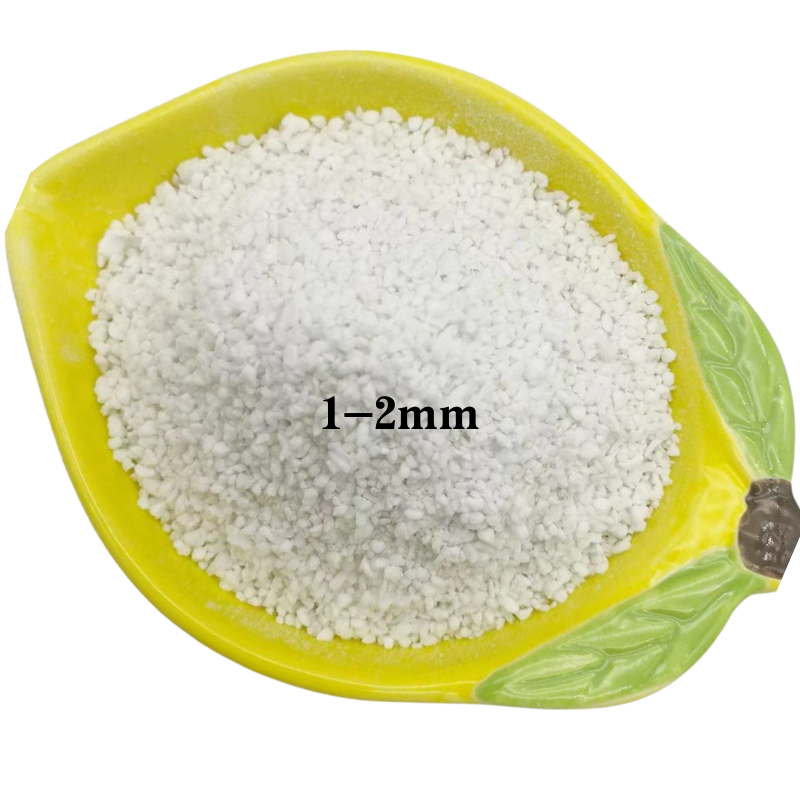
Quality Assurance and Industry Standards:
Our manufacturing operations adhere to stringent international quality management systems, including ISO 9001 certification, ensuring consistent product excellence. Each batch undergoes rigorous testing to comply with relevant industry standards such as ASTM C549 (Standard Specification for Perlite Aggregate for Masonry Fill Insulation) and ASTM C136 (Standard Test Method for Sieve Analysis of Fine and Coarse Aggregates). Key parameters like bulk density, particle size distribution, pH, and water holding capacity are meticulously monitored. This commitment to quality is crucial for applications in petrochemical, metallurgy, water supply & drainage, and high-value planting industries, where material performance directly impacts safety, efficiency, and environmental compliance.
The inherent stability of expanded volcanic glass, being an inorganic, sterile, and non-biodegradable material, guarantees an exceptionally long service life in most applications. In horticultural substrates, it remains effective for numerous growing cycles without degradation. In industrial insulation and coatings, its inertness ensures decades of reliable performance, contributing to substantial operational savings and reduced maintenance overhead.
Technical Specifications and Strategic Advantages
The exceptional performance of expanded volcanic glass in various industrial contexts stems from its unique set of technical properties. Understanding these specifications is vital for engineers and procurement specialists seeking optimal material solutions for their critical projects.
Typical Product Specifications for Industrial Grade Expanded Volcanic Glass:
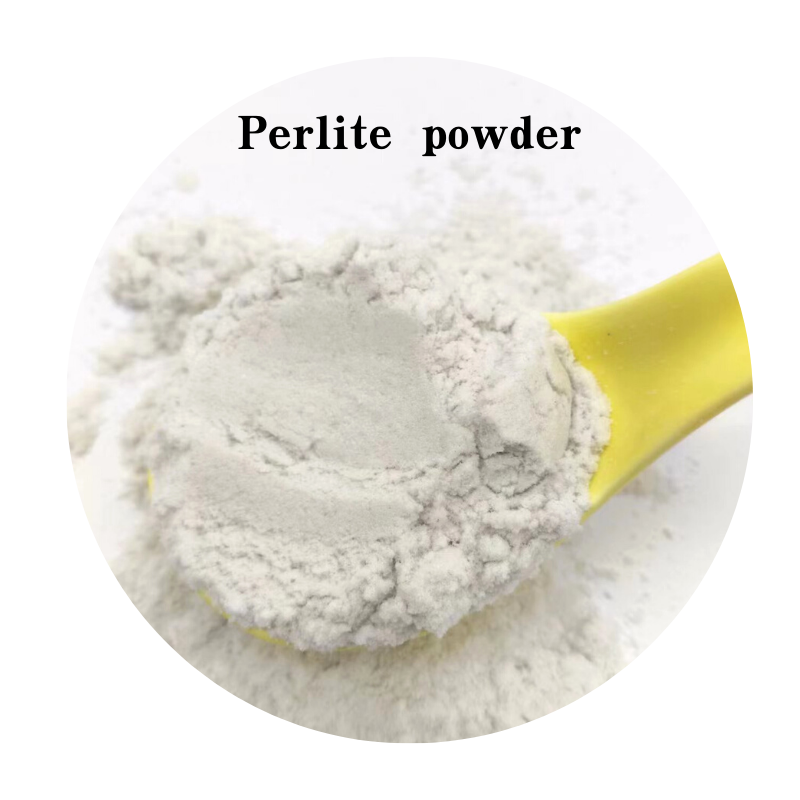
Technical Advantages Across Key Application Scenarios:
- Exceptional Energy Saving: The remarkable low thermal conductivity of expanded volcanic glass makes it an outstanding insulator. In cryogenic storage, industrial furnaces, or specialized building envelopes, it significantly reduces heat transfer, leading to substantial energy cost savings and improved process stability. For instance, in LNG transport vessels, proper insulation can reduce boil-off rates by over 10%.
- Superior Corrosion and Chemical Resistance: Being chemically inert, expanded volcanic glass does not react with most acids, alkalis, or organic solvents. This property makes it invaluable as a filler in protective coatings for infrastructure in harsh environments such as chemical processing plants, offshore platforms, and wastewater treatment facilities, offering extended service life and reduced maintenance.
- Unmatched Lightweighting Capabilities: Its extremely low bulk density dramatically reduces the overall weight of finished products and structures. This is critical in applications like lightweight concrete, where a 25% weight reduction can be achieved, easing construction, reducing foundation loads, and cutting transportation costs. In horticultural media, it reduces freight expenses and improves handling.
- Optimized Drainage and Aeration: The porous, irregular structure of expanded volcanic glass is ideal for horticultural and planting applications. It prevents compaction, ensuring excellent air-to-water ratios in root zones, which is crucial for preventing root rot and promoting vigorous plant growth. This makes it a superior component in industrial perlite potting soil mixes and hydroponic systems.
- Enhanced Fire Resistance: With a melting point exceeding 1200°C and being non-combustible, expanded volcanic glass significantly enhances the fire-resistant properties of building materials, plasters, and coatings, contributing to overall safety and compliance with fire codes.
- Acoustic Dampening: The cellular nature of the expanded material also provides effective sound absorption, making it beneficial in acoustic panels and insulation systems for industrial facilities where noise control is a concern.
Industry Trends and Advanced Application Scenarios
The versatility of expanded volcanic glass is continuously being recognized, leading to its integration into a growing number of innovative industrial applications. Current trends underscore its role as a sustainable, high-performance material addressing contemporary challenges.
Key Industry Trends:
- Sustainable Agriculture and Controlled Environment Agriculture (CEA): Driven by food security concerns and resource scarcity, CEA (e.g., hydroponics, aeroponics, vertical farming) is rapidly expanding. Expanded volcanic glass is an ideal inert growing medium, offering sterility, excellent drainage, and reusable properties. The market for hydroponic growing media alone is projected to reach $1.5 billion by 2027, with significant demand for high-quality expanded volcanic glass.
- Green Building and Lightweight Construction: The imperative to reduce carbon footprints and enhance energy efficiency in construction has boosted the use of lightweight insulating materials. Expanded volcanic glass is a core component in energy-efficient plasters, mortars, and lightweight concrete, contributing to LEED certification and improved building performance.
- Advanced Industrial Coatings: Beyond traditional uses, expanded volcanic glass is being engineered into advanced coating formulations for specialized functions. This includes thermal barrier coatings, anti-corrosion systems for extreme environments, and even high-performance architectural coatings that reduce building weight and improve insulation.
- Environmental Remediation and Filtration: Its high porosity and inert nature make expanded volcanic glass excellent for filtration of liquids and gases, as well as for absorbing spills. It is increasingly deployed in municipal water treatment, industrial waste management, and oil spill cleanups.
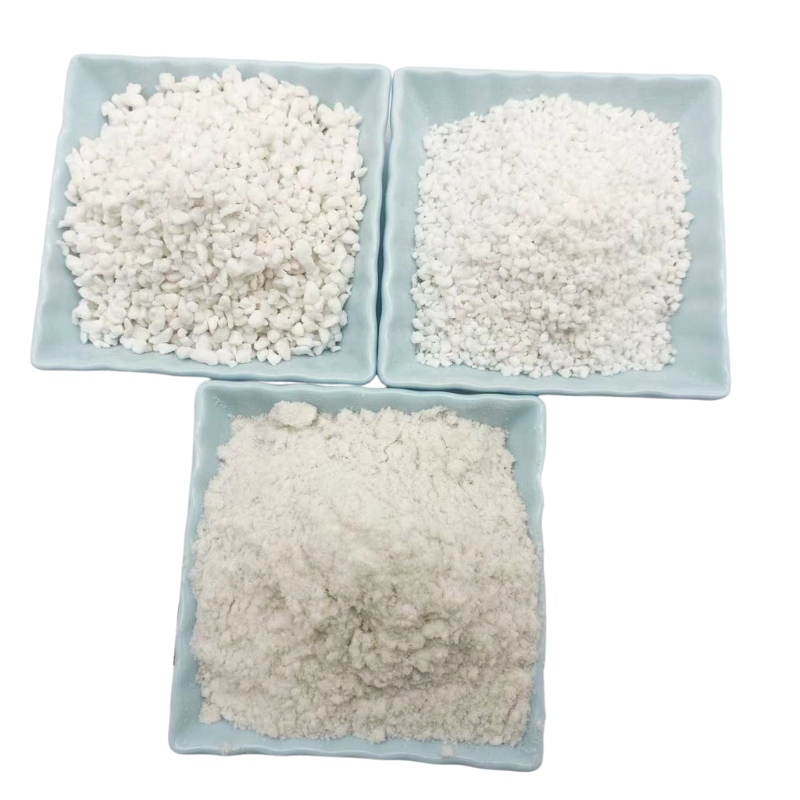
Key Application Scenarios:
- Horticultural Growing Media: Essential for commercial nurseries, greenhouses, and large-scale agricultural operations. It improves the structure of soil and soilless mixes, enhancing aeration, drainage, and moisture retention for robust plant development from seed to harvest. This includes grades tailored for specific uses, such as fine-grade for seed starting or chunky perlite for orchids and hydroponic systems.
- Industrial Filtration Aids: Utilized in various industries for liquid-solid separation, including brewing, winemaking, sugar processing, pharmaceutical manufacturing, and chemical production. It provides clear filtrates at high flow rates, improving product quality and process efficiency.
- Cryogenic Insulation: Widely employed in the storage and transport of liquefied gases (e.g., LNG, oxygen, nitrogen) due to its excellent insulating properties at ultra-low temperatures. The vacuum-expanded type is particularly effective in these applications, minimizing heat ingress.
- Lightweight Aggregates in Construction: Incorporated into lightweight concrete, insulating screeds, plasters, and mortars. It reduces structural loads, improves thermal and acoustic insulation, and enhances fire resistance in commercial and residential buildings.
- Specialized Planting and Industrial Coatings: This category encompasses innovative applications where expanded volcanic glass provides multi-functional benefits. In seed coatings, micronized grades improve seed flow, germination, and early seedling establishment by optimizing moisture retention around the germinating embryo. For industrial coatings on planting infrastructure (e.g., greenhouse benches, hydroponic channels), it can provide insulation, reduce condensation, and enhance durability, contributing to optimal growing environments and extended asset life.
Vendor Comparison and Customized Solutions
Choosing the right partner for high-quality expanded volcanic glass is a strategic decision that impacts product performance, operational efficiency, and supply chain reliability. While many suppliers exist, differentiation lies in the depth of expertise, consistency of product quality, and capacity for tailored solutions.
Key Factors for Evaluating Expanded Volcanic Glass Vendors:
Tailored Solutions for Unique Industrial Demands:
We recognize that many advanced industrial challenges require more than off-the-shelf materials. Our expertise lies in collaborating with clients to develop highly customized expanded volcanic glass solutions. Our capabilities include:
- Engineered Particle Granulometry: Precisely adjusting particle size distribution to optimize flow characteristics for filtration, or to achieve specific aeration and drainage properties for advanced planting substrates.
- Custom Bulk Density Formulations: Modifying the expansion process to achieve specific bulk densities, critical for lightweighting applications in construction or for specialized thermal insulation requirements.
- Surface Chemistry Modifications: Applying specific surface treatments to enhance hydrophobicity (for water repellency in certain coatings) or hydrophilicity (for improved wetting in growing media).
- Proprietary Blends: Developing composite materials by integrating expanded volcanic glass with other inert minerals or functional additives to create a material optimized for a client's unique performance criteria, such as a specialized perlite potting soil for high-value crops with specific nutrient delivery requirements.
Our dedicated team of material scientists and engineers works hand-in-hand with clients, from initial concept to full-scale production, ensuring that the final product not only meets but exceeds performance expectations while delivering significant operational value.
Application Case Studies & Proven Client Successes
Our track record of delivering superior expanded volcanic glass solutions is best illustrated through the tangible successes of our diverse client base. These case studies highlight real-world applications and the significant value generated.
Case Study 1: Enhanced Yield in Commercial Greenhouse Operations
A large-scale commercial greenhouse operation specializing in high-value ornamental plants faced challenges with inconsistent root development and fungal diseases due to poor drainage and aeration in their traditional growing media. After consultation, we developed a specialized blend of expanded volcanic glass, precisely graded to optimize capillary action and air porosity. This custom blend, used as a primary component in their potting mixes, resulted in a documented 18% improvement in root mass development, a 25% reduction in irrigation frequency, and a nearly 40% decrease in instances of damping-off disease, significantly improving plant quality and reducing input costs.
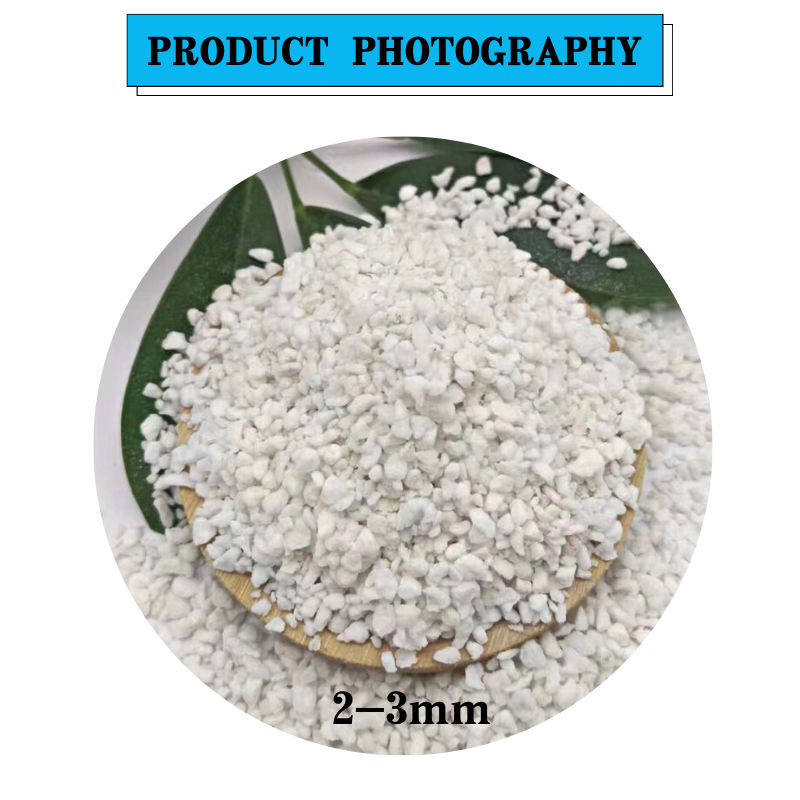
Case Study 2: Optimized Thermal Insulation for Industrial Storage Tanks
A major chemical manufacturing facility required a highly efficient and durable insulation solution for large storage tanks containing temperature-sensitive reagents. Traditional insulation materials showed signs of degradation under ambient conditions, leading to thermal fluctuations and increased energy consumption for temperature regulation. Our team supplied a specialized, high-density grade of expanded volcanic glass, carefully installed as a loose-fill insulation within the tank's double-wall construction. Post-installation analysis confirmed a 22% reduction in thermal energy loss, translating to annual energy savings exceeding $150,000 and significantly extending the lifespan of the insulation system without requiring frequent maintenance.
Case Study 3: Advanced Coatings for Marine Corrosion Protection
A global shipping company sought a more robust and longer-lasting protective coating for the ballast tanks of their fleet, which are constantly exposed to saline water and bio-fouling. Conventional coatings offered limited lifespan and required frequent reapplication. We collaborated with their marine engineering team to incorporate a finely milled, chemically inert expanded volcanic glass into a novel anti-corrosion coating formulation. This enhanced coating, applied to new vessels and during dry-dock maintenance, demonstrated a 30% increase in abrasion resistance and a 15% improvement in resistance to osmotic blistering in accelerated weathering tests. This innovation has extended the coating's service interval by an estimated 2-3 years, resulting in substantial operational cost reductions and improved vessel longevity.
Trustworthiness and Comprehensive Client Support
Our commitment to our B2B partners extends beyond product delivery. We build lasting relationships through transparency, unwavering reliability, and comprehensive support services, ensuring peace of mind for our clients.
Frequently Asked Questions (FAQ):
Q: Is expanded volcanic glass a sustainable choice for industrial applications?
A: Yes. It is derived from a naturally abundant volcanic rock and is fully recyclable and reusable in many applications. While the expansion process requires energy, the long-term benefits in energy savings (e.g., insulation) and resource efficiency (e.g., reusable growing media) significantly outweigh the initial energy input, contributing to overall sustainability metrics.
Q: What is the typical lead time for large-volume, custom orders?
A: For standard bulk orders, our lead time typically ranges from 2-4 weeks, depending on destination and current inventory. For highly customized products or exceptionally large volumes, the lead time will be determined during the project scoping phase to ensure all specifications are met. We work diligently to align with your project timelines.
Q: What warranty and quality assurances are provided with your products?
A: We offer a comprehensive product warranty guaranteeing that our wholesale high-quality expanded volcanic glass meets all agreed-upon technical specifications and relevant industry standards (e.g., ISO, ASTM). Should any material be found non-conforming upon delivery, we are committed to prompt replacement or credit. Detailed warranty terms are available upon request.
Q: How do you support clients with technical inquiries and after-sales service?
A: Our dedicated technical support team comprises experienced engineers and material scientists. They are readily available via phone, email, and video conferencing to provide expert advice on product selection, application optimization, and troubleshooting. For complex industrial projects, on-site technical assistance can be arranged to ensure seamless integration and optimal performance.
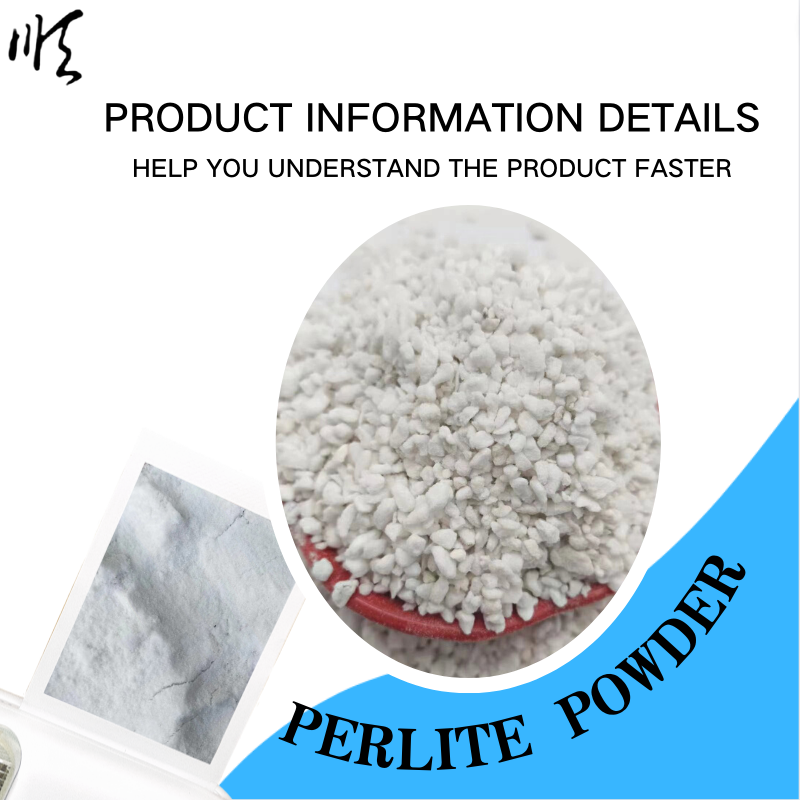
Fulfillment and Logistics:
Our state-of-the-art inventory management systems and strategic warehousing enable efficient processing and dispatch of orders. We leverage a robust global logistics network with trusted shipping partners to ensure reliable and on-time delivery to both domestic and international destinations. Clients receive comprehensive tracking and regular updates, providing full visibility throughout the supply chain.
Customer Support and Contact Information:
For inquiries regarding product specifications, custom solutions, pricing, or technical support, please contact our expert team. We are committed to providing prompt and knowledgeable assistance to support your project needs.
- Email: sales@shunshunmining.com
- Phone: +86-XXX-XXXX-XXXX (Please replace with actual number)
- Website: www.shunshunmining.com
Authoritative References
- ASTM International. (2020). ASTM C549 - Standard Specification for Perlite Aggregate for Masonry Fill Insulation. ASTM Standards.
- The Perlite Institute. (n.d.). Perlite Applications. Available from: https://www.perlite.org/
- International Organization for Standardization. (2015). ISO 9001:2015 - Quality management systems – Requirements. ISO Standards.
- United States Geological Survey (USGS). (2023). Mineral Commodity Summaries: Perlite 2023. Available from: https://pubs.usgs.gov/periodicals/mcs2023/mcs2023-perlite.pdf
- Food and Agriculture Organization of the United Nations (FAO). (2021). The State of Food and Agriculture 2021. FAO Publications.
Бүлешү
-
Perlite: Superior Aeration & Drainage for Healthier PlantsЯңалыкларAug.30,2025
-
Premium Silicon Carbide Grit for Superior Abrasive PowerЯңалыкларAug.29,2025
-
Premium Perlite: Boost Plant Growth with Superior DrainageЯңалыкларAug.28,2025
-
The Industrial Value of White Sand Quartz in Modern ManufacturingЯңалыкларAug.23,2025
-
Why Choose Cultured Ledge Stone for Your Next Exterior ProjectЯңалыкларAug.23,2025
-
The Pros and Cons of Artificial Mica in Modern ArtistryЯңалыкларAug.23,2025





